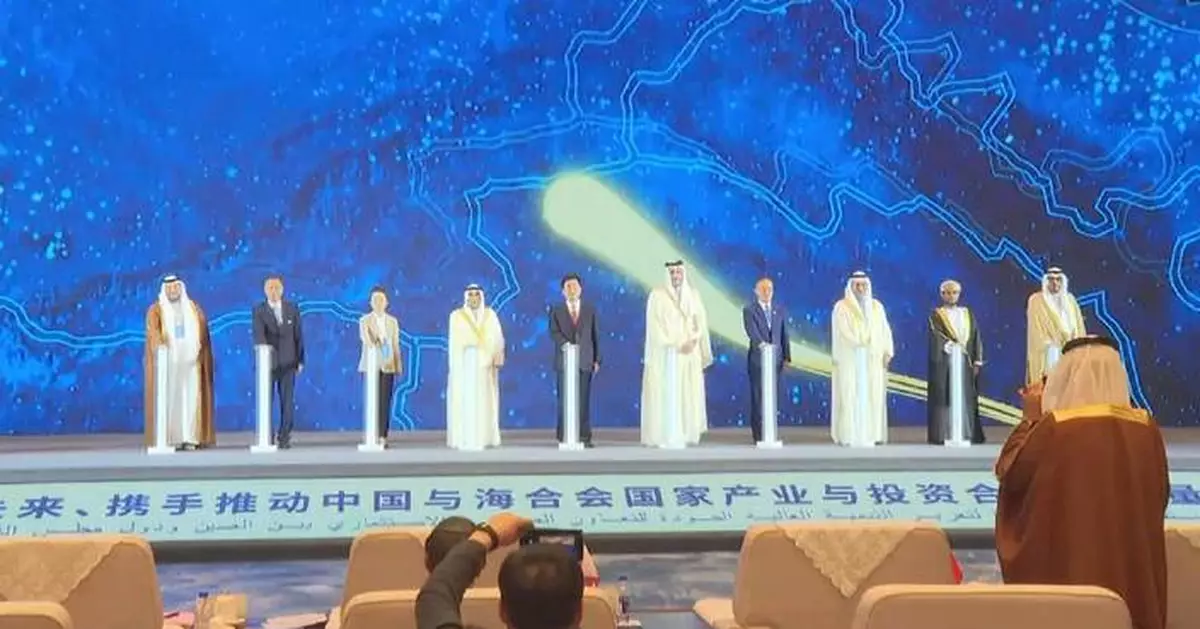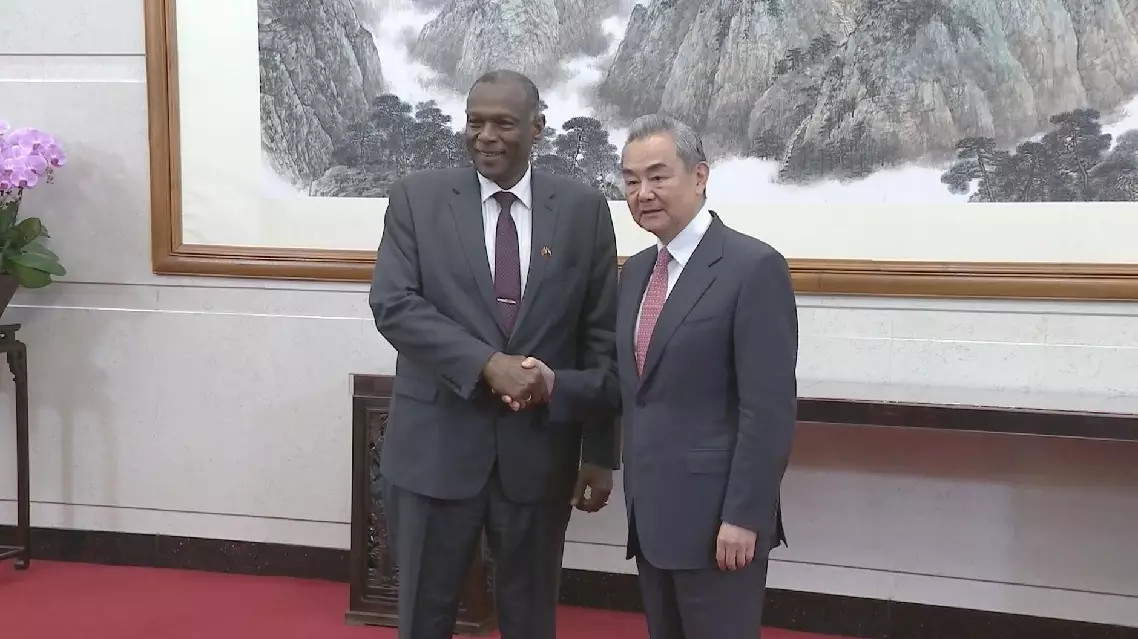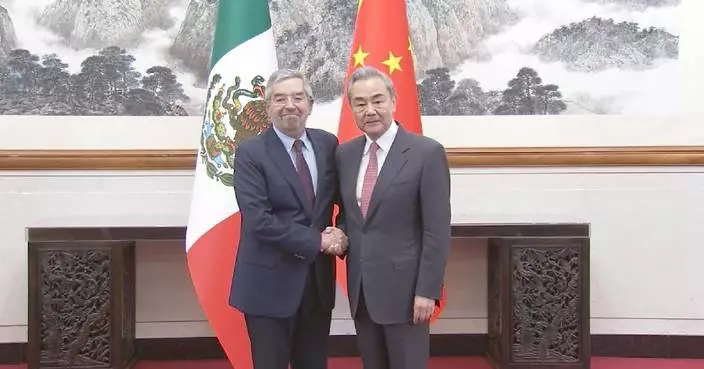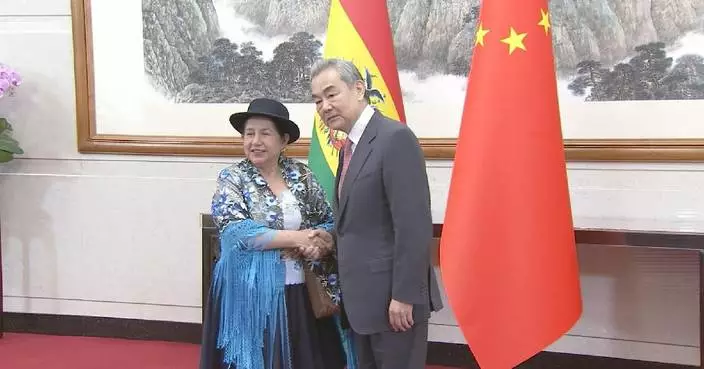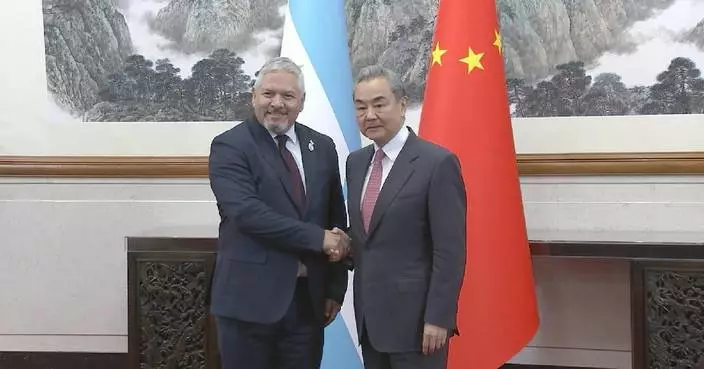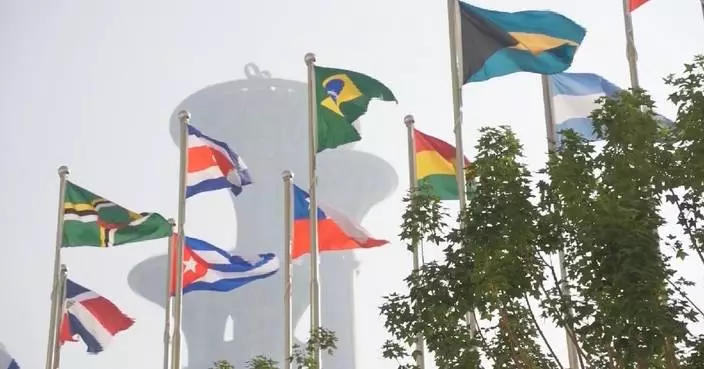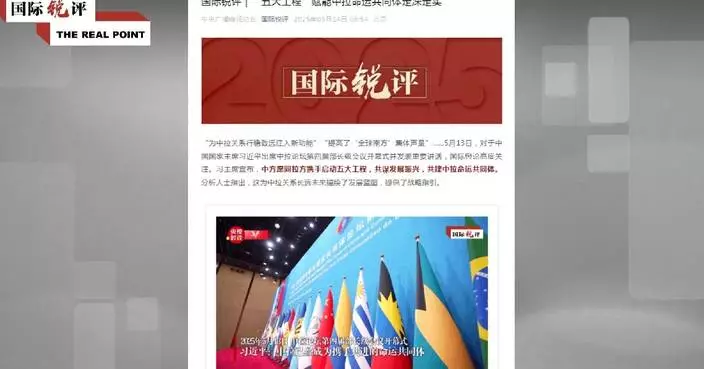Attendees at the China-Gulf Cooperation Council (GCC) Countries Forum on Industrial and Investment Cooperation said they were working to deepen cooperation with China to bolster trade which last year hit 286 billion U.S. dollars.
With a theme of "Embracing the Future: Advancing High-Quality Industrial and Investment Cooperation between China and GCC Countries," the two-day event opened in Xiamen, east China's Fujian Province, on Thursday.
About 600 representatives from government departments, enterprises, financial institutions and other sectors from China and the GCC countries attended the forum.
Ahmed Sharaf Osilan, managing director at Tanmiah Food Company based in Riyadh, said he hoped that GCC countries will join hands with China in deep cooperation, so as to contribute to growth and prosperity of both economies, as China is emerging as a global powerhouse in tech.
"China is becoming the hub of many technologies, so we look forward to being involved in multiple sectors, not to mention our relationship goes a long way and it helps both of our economies to grow and flourish," he said.
Another attendee, Sameer Abdulla Nass, chairman of the Bahrain Chamber of Commerce and Industry, said he looks forward to seeing the two sides explore bilateral cooperation across a wide range of industries.
"We see there are huge opportunities in developing different investment partnership in AI and also other heavy industries, oil gas developments, logistic developments, tourism developments. All of these factors and sectors of economies are huge potential," he said.
Headquartered in Riyadh, Saudi Arabia, the GCC is a political and economic union of six Arab states - Bahrain, Kuwait, Oman, Qatar, Saudi Arabia and the United Arab Emirates - that border the Persian Gulf. Some of these are among the world's top fossil fuel exporters.
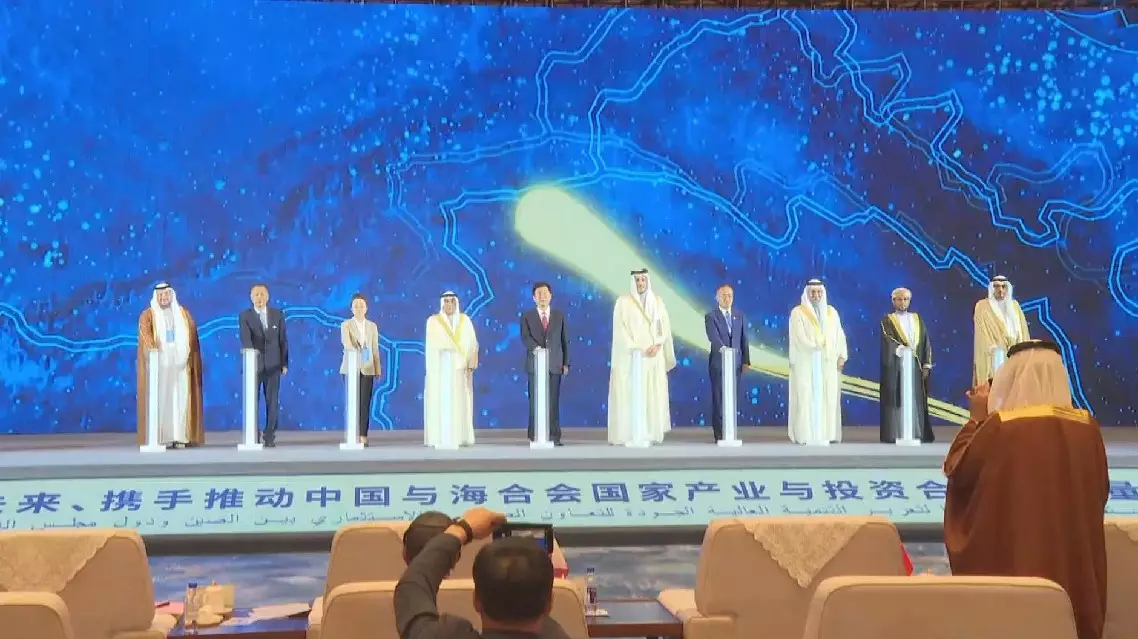
GCC countries expect deeper cooperation with China


